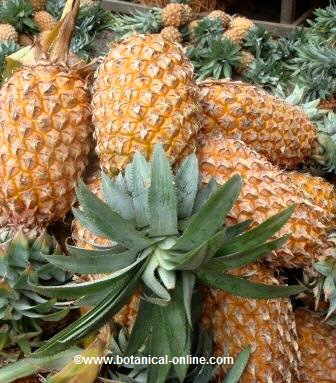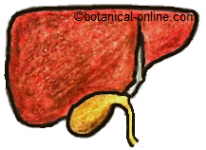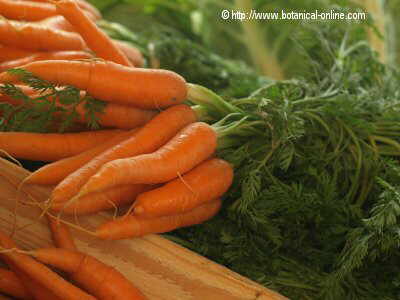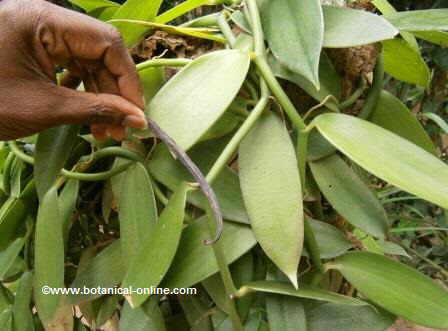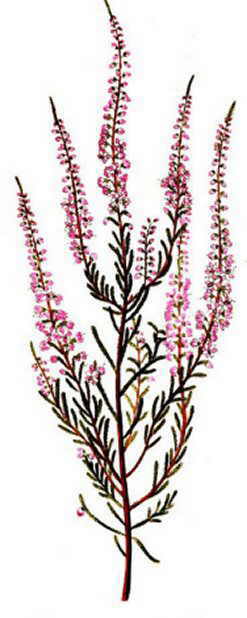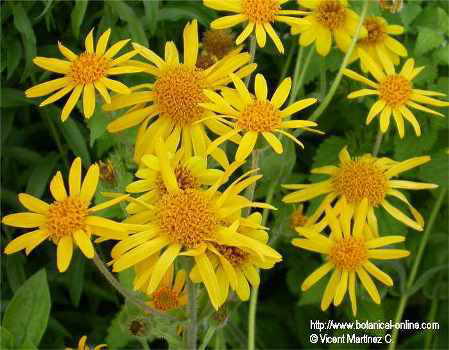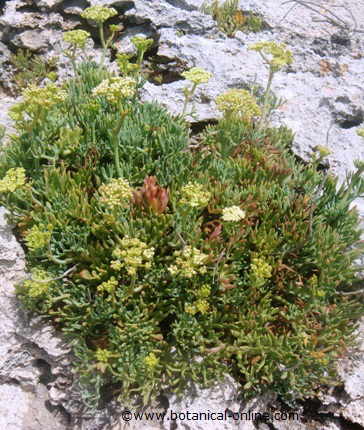Contents
Anise medicinal properties
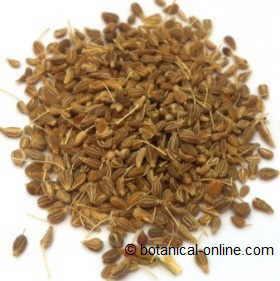
Aniseed
Traditional uses:
Since ancient times anise plant has been used as a medicinal plant as a spice and food. The first historical reference appears in the year 1550 A.C in the famous Egyptian papyruses of Ebbers, that can be considered as one of first treaties of medicinal plants.
It was used habitually in India or China. Its use in the Greek and Roman culture was habitual.
It appears in Regarding Medical Matters of the Greek Dioscorides. Pliny, the Greek writer, speaks of the importance of chewing its fruits to clear the evil breath after eating and of as this plant, when it was placed next to the bed, were able to tranquilize the people and to favor to remove the bad breath after eating and how this plant, when placed beside the bed, was able to reassure people and promote sleep.
With flour and anise the Romans made a special bread that was known with the name of “mustaceum” and which they used at the end of the meals to facilitate the digestion. Besides food, they habitually used it for multitude of applications, like, for example, to diminish the nerves, for the treatment of the epilepsy, to improve the digestion or to boost the appetite. Its importance was so great that it was used like currency.
Their medicinal uses were increasing, so that, as of century XV or XVI it was used habitually naturopathic physicians and the general population. Even in this era it came to be used as bait to catch the mice, because the aroma attracted rodents.
Curative properties of anise
Internal use preparations with anise
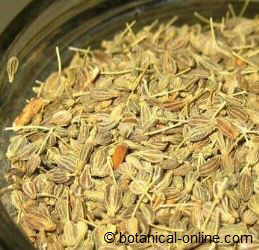
Anise fruits
Anise to treat digestive apparatus problems
Anise has carminative, stomachic, antispasmodic and sedative properties. These virtues are used for the treatment of digestive abnormalities such as:
- Aerophagia: Many of the components of the essential oil of its fruit, but especially the anethole, give it carminative properties, so the preparations of these fruits will be very useful to expel excess gas accumulated in the digestive system. (Infusion of a pinch of fruit per cup of water. Take a cup before or after main meals)
- Flatulence: Flatulence or farts are due to excess gas in the digestive tract. A useful way to combat flatulence is to use the fruits of this plant. Anise is one of the best carminative plants, able to force the removal of excess gases accumulated in the intestine and reduce their production, which helps remove abdominal swelling and is useful in eliminating the pains that accompany the swollen belly. (10 minutes infusion of 1 teaspoon of dry seeds per cup of water. Drink two cups a day taking three or four sips from time to time
Mixed infusion to eliminate flatulence and bloating |
| Fennel, cumin, coriander and anise constitute, each separately, the best remedies to alleviate the swelling produced by the gas accumulation in the digestive apparatus that causes the bad digestions. To combine the three in the same preparation increases its medicinal properties.Mix equal parts of the fruits of the plants. When we have the feeling of being bloated stomach too, will make a tea with a teaspoon of the mixture per cup of water. |
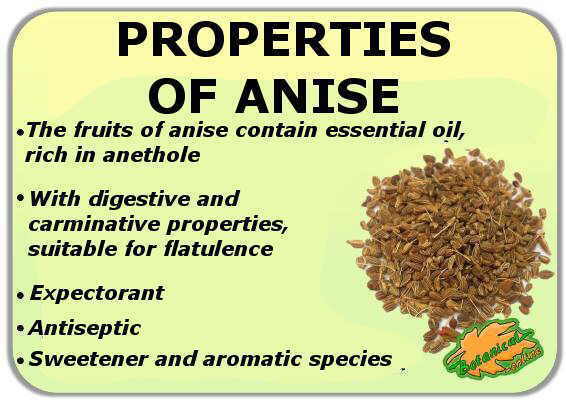
Summary of the main medicinal properties of green anise and its indications. It is a great digestive, carminative and expectorant remedy
- Gastritis: Anise contains over 20 components antispasmodic and nearly half of sedatives. These principles will provide the ability to prevent many problems from “nervous stomachs”, among which we mention the nervous gastritis, more scientifically known as nervous dyspepsia. (Use the previous treatment)
- Heartburn: The green anise is able to reduce the acidity produced by the gastritis or when this responds to problems of stress or nervousness. Mix 100 gr. of fruits crushed with 100 gr. of sugar and 80 gr. of powdered charcoal. Take 2.5 g of this powder with a bit of bread when you get heartburn.
- Difficult digestions: Its content in anethole provides digestive properties to it, whereas the bisolobene presents stomach properties. Both help the stomach to digest food better. (Infusion of a spoonful of dried fruits by glass of water. Drink two glasses a day) (50% maceration of dry seeds pounded with dried root of gentian. Keep the mixture to macerate for 10 days. Take one tablespoon before eating)
- Stomach ache: The ability to reduce many of the problems affecting the stomach makes it very suitable for the treatment of stomach pain that many of these factors are responsible.
- Abdominal pain: Anise has carminative, stomachic, antispasmodic and sedative properties. These virtues are used to treat digestive abnormalities such as abdominal cramps (10 minutes infusion of dried seeds, 1 teaspoon per cup of water. Drink two cups a day with three or four sips from time to time)
- Lack of appetite: Anise stimulates the digestion, it whets the appetite in cases of lack of appetite or anorexia. (Infusion of average teaspoon of dried fruits per water cup. Take a pair from cups per day)
- Bad breath: The bacteriostatic properties of quercetin are capable of inhibiting the growth of bacteria in the mouth. The secretions of these microorganisms are responsible for many cases of halitosis. On the other hand, anise contains more than twenty aromatic components (thymol, linalool, geraniol, estragole, limonene, camphene, alphapinene, alphaterpineol, etc). These principles are able to mask the foul odor, providing the person and nice fresh breath. The use of the fruits of anise as a remedy to remove bad breath is prevalent in most cultures. (Chew three or four fruits of anise after meals)
Anise, a suitable remedy for respiratory diseases
Anise has expectorant properties mainly due to its content anethole, thymol and terpineol. It is also a plant that contains more anti-inflammatory principles and is a good cough suppressant. This allows the lungs to help expel the secretions produced in the bronchial tubes, reduce inflammation and decrease the cough. The use of this plant is recommended as anomalies of the respiratory system:
- Bronchitis: The use of this plant helps to expel the mucus and to reduce the inflammation. (Infusion of average teaspoon of dried fruits by water cup. Take two or three cups per day after eating) (Take 1 ml from dye two or three times per day)
- Cold: the use of anise infusions helps the patients to feel better. (Infusion of average teaspoon of dried fruits by water cup. Take two or three cups per day after eating)
- Asthma: Used in the treatment of asthma will help to improve breathing by decreasing the secretions in the chest of the sick person. We must not forget that this plant contains about 40 early antiinflammatory can relieve constipation bronchi that causes this disease. Antitussive properties reduce the attacks of coughing. (Infusion of half a teaspoon mixed with equal parts of thyme, mint and anise. Drink two or three cups a day)
Anise for diseases of the nervous system
Components like the alpha-pinene, alpha terpineol, stigmaterol, eugenol, linalol or thymol confer it sedative properties that can be used to calm the nerves. These properties already have been mentioned previously as very useful in case of gastric problems of nervous origin but they can also be used in other anomalies of the nervous system like:
- Nervousness: The infusion of the fruits of this plant would help to feel us calmer (Infusion of a teaspoon of dried fruits by water cup. Drink a pair of cups per day)
- Nervous asthenia (neurasthenia): When there is corporal weakness, the few desire to work or the little interest towards the things are due to psychological cause; the use of preparations of this plant can help to raise the spirit. (Infusion of average teaspoon to equal parts of fruits of Anise and fennel. Drink a pair of cups per day)
Other medicinal uses of anise:
It has been verified that this plant is suitable for the treatment of other anomalies:
- Difficult Menstruations: The fruits of the green anise help to regulate the menstruation, reason why they can be used to fight the problems of painful periods or when these are delayed or appear irregularly, such as in dysmenorrhea. (Infusion of a teaspoon of dried fruits by water cup. Drink three daily cups)
- Lack of sexual desire: Aphrodisiac properties are attributed to anise, to increase the libido. (A glass at night of the infusion of a teaspoon of seeds crushed in a liter of water) (Do not exceed the dose or take during long time, to avoid indirect effects)
- Modifier of the flavor: Anise is used in combination with other medicinal plants to modify their flavor and scent. Its sweet flavor and its pleasant scent allow to drink some preparations derived from certain plants whose flavors and scents would not allow to be ingested if they were taken alone.
Used externally, anise is used mainly as a natural antiseptic in the treatment of the following diseases:
- Respiratory diseases of the respiratory tract: For the treatment of sore throat, pharyngitis or laryngitis, one can gargle with the tea mixed with equal parts of crushed aniseed fruit and dried leaves of marshmallow, mint and sage.
- Mouth ulcers: In case of mouth ulcers, mouthwashes with the previous preparation can be done.
*Related information: The dangers of anise
![]() More information on anise.
More information on anise.

